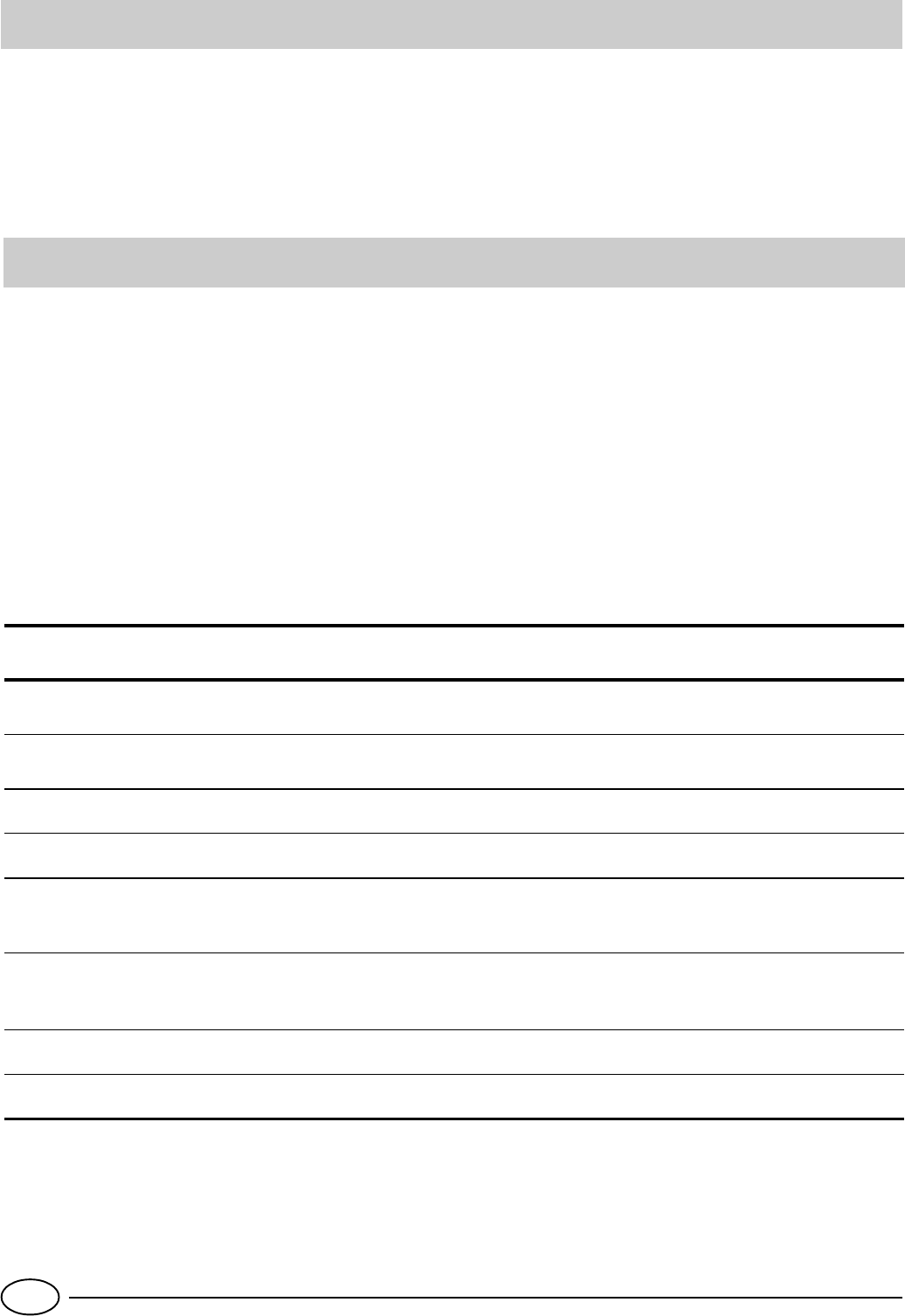
4
GB
How to Start the Appliance
NOTICE
After the appliance has been delivered, stand it in the
upright position and wait approximately 3 hours be-
fore connecting it to the electrical outlet to guarantee
that it operates properly.
Before placing foodstuffs in the refrigerator or freezer, clean
the interior well with warm water and baking soda.
After putting the plug in the socket, make sure that the
light is on inside the appliance and then turn the thermostat
knob (A) to the “3” setting. After a few hours have passed,
you can place fresh food in the refrigerator compartment
and frozen foods into the freezer.
The thermostat automatically regulates the temperature in-
side the appliance
1 = less cold
5 = colder
It is recommended that a medium setting be used.
To increase the amount of space, optimize arrangement and
improve appearance, this appliance has a “cooling area”
located within the back panel of the refrigerator compart-
ment. When the appliance is operating, this panel may be
covered with frost or droplets of water depending on
whether the compressor is operating or not at a given time.
Do not be concerned about this! The refrigerator is operat-
ing normally.
If the thermostat knob is positioned on higher settings while
the refrigerator is heavily filled and the ambient tempera-
ture high, the appliance may run continuously, resulting in
the formation of frost on the back cooling area. This will
lead to an increase in energy consumption.
To avoid this situation, just turn the thermostat knob
to a lower setting so that the appliance defrosts auto-
matically.
Storing Food in the Refrigerator Compartment
Food Storage Time Location in the Refrigerator
Wrapped meat and cleaned fish
(use plastic wrap or pack in plastic bags)
2 or 3 days
On the shelf above the vegetable crisper
(which is the coldest area).
Fresh cheese 3 or 4 days
On the shelf above the vegetable crisper
(which is the coldest area).
Eggs 1 month In special egg rack on door.
Butter, margarine On any shelf.
Cooked or precooked food
(placer in air-tight containers and when cool store
in refrigerator)
3 or 4 days On any shelf.
Sausages, salami, sandwich meats in general, fresh
pasta, custards,puddings, chocolates, cream
pastries, bread, dry pastries, red tomatoes
3 or 4 days On any shelf.
Bottled products, milk, drinks, yoghurt On special door shelves.
Fruits and legumes In vegetable crisper.
What Not to Store in the Refrigerator
Garlic (transmits odour), onions and leeks.
Bananas (they will turn black).
Citrus fruits.
Potatoes and root vegetables (store in dark, dry places).
How to use the refrigerator compartment...














